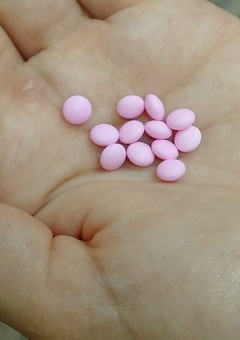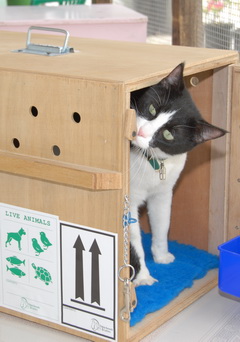pet transport through the uae
Let's imagine your pet is travelling NOT from the UAE... and NOT to the UAE... but through the UAE. Just as with us humans when we travel, your pet too can transit through an airport without ever actually entering the country, en route from his or her country of origin to the final destination. And the UAE is one of the world's major transit hubs not only for people but also for worldwide pet travellers because of its central global geographic location, and great airlines, airports and services.
Now, a journey which includes more than one leg and a transit stop along the way can be done entirely with the same airline (e.g. Emirates Airline from Sydney, through Dubai, on to Manchester). On the other hand, such a journey might otherwise involve an "interline" connection at one of the transit stop airports, and this is a transit using two or more airlines for each leg of the journey because no one airline serves all the required routes; an example of this is Emirates from Sydney to Dubai, but then Royal Brunei from Dubai directly into Bandar Seri Begawan, Brunei.
Pet Relocations is not just about In or Out
If your pet is transiting and flying onward all on the same airline, then nothing special needs to be done by you to arrange all this because the airline will take care of it for you, including, if booked as manifest cargo, care for your pet while he or she is resting in the transit stop airport (see more about this here).
However, if you are indeed choosing to route your pet's journey through the UAE, and if your pet will need to change airlines upon arrival in the UAE in order to ultimately reach his or her final destination, then your pet will need to be booked to travel as manifest cargo and your interline transiting pet will indeed need permission ~ called an "OK-to-Transit" ~from the UAE's Ministry of Climate Change & Environment (MOCCAE), and this will need to be gained following your pet's arrival in the UAE and prior to the Customs clearance.
Pet transport, including transits ~ it probably goes without saying but we can help with all this. Take a look at our documents Transiting Pets through the UAE and DKC Transit Form for more information and then... what the heck!... get in touch!









